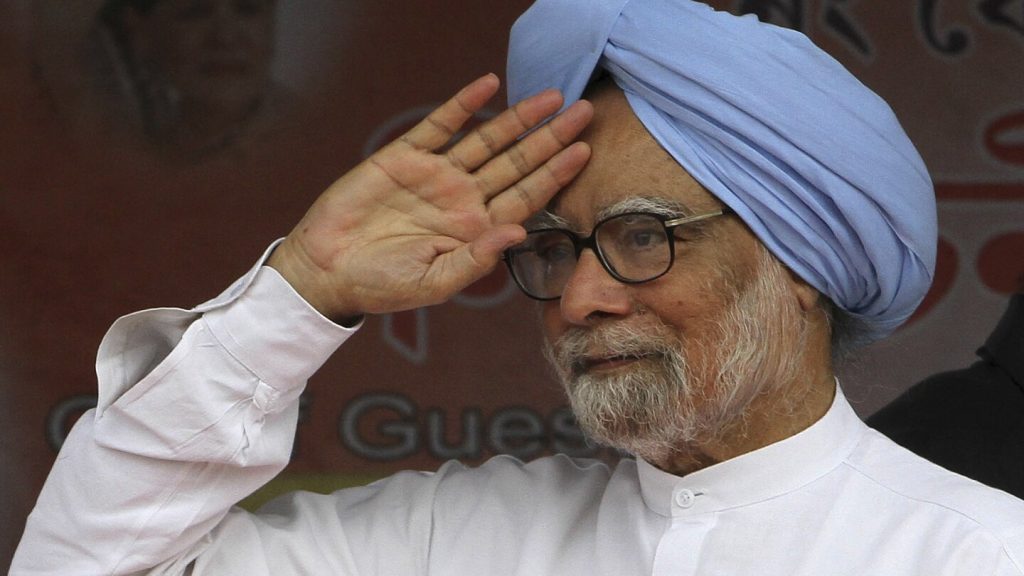India is mourning the loss of former Prime Minister Manmohan Singh, who passed away at the age of 92 after being admitted to a hospital due to a sudden loss of consciousness. Singh, widely regarded as the architect of India’s economic reform program and a key figure in the landmark nuclear deal with the United States, served as Prime Minister for 10 years. He was known for his personal integrity and was chosen to fill the role in 2004 by Sonia Gandhi, the widow of assassinated Prime Minister Rajiv Gandhi. However, his tenure was marred by allegations of corruption against his ministers, leading to his party’s defeat in the 2014 national election by the BJP under Narendra Modi.
Despite the challenges during his second term as Prime Minister, Singh was hailed as a distinguished leader by Prime Minister Modi, who praised his efforts to improve people’s lives and his insightful interventions in Parliament. Opposition leader Rahul Gandhi also paid tribute to Singh, recognizing his deep understanding of economics and his leadership with wisdom and integrity. The United States also offered condolences, noting Singh’s dedication to strengthening the U.S.-India strategic partnership. Singh’s academic background in economics and his career in public service, including serving as Finance Minister, highlighted his commitment to economic reforms and his contribution to India’s growth and development.
Singh’s legacy includes his role in opening up India’s economy and moving away from a socialist model towards capitalism in the face of an economic crisis. His accolades, including the Padma Vibhushan Award and the Asia Money Award for Finance Minister of the Year, reflect his contributions to Indian society. As Prime Minister, Singh implemented key reforms such as the Right to Information Act and a welfare scheme for rural citizens, demonstrating his commitment to transparency and social welfare. He also played a crucial role in ending India’s nuclear isolation by signing a deal with the U.S. for access to American nuclear technology.
While Singh faced challenges both domestically and internationally during his tenure, including dealing with corruption scandals and pursuing peace processes with Pakistan and China, his pragmatic approach to foreign policy and economic reforms left a lasting impact. His efforts to address border disputes, reopen trade routes, and promote accountability in government reflected his dedication to modernizing India and promoting regional stability. Singh’s contributions to India’s economic growth, social welfare programs, and foreign relations have been recognized by leaders both within India and abroad, cementing his status as a respected statesman and leader. His passing marks the end of an era in Indian politics, but his legacy as a pioneer of economic reform and a champion of social justice will endure.














